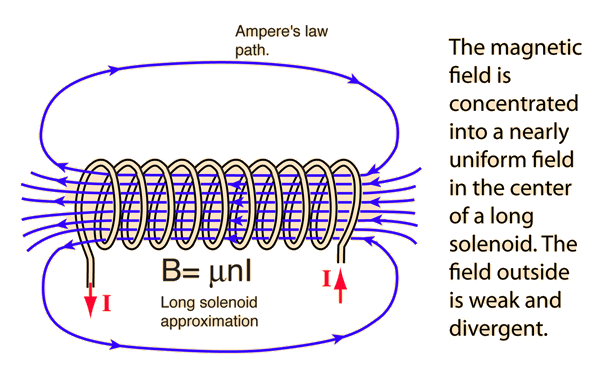I have read that using a higher voltage motor would need less current to get the same power. I understand that P = IV and how that works. My question is if the 24 V motor would get half of the current, wouldn't it have half of the torque as well since they are directly proportional? In that case I don't understand how the 24 V would be advantageous at all.
Typically when people talk about motors a higher wattage motor is "better". I don't understand physically how more watts makes the motor "better". It just means it uses more energy per second which I guess would mean it is all converted into mechanical energy but not torque? I don't understand the relationship there.

